Europe boasts hundreds of charming substitutes for high-rise city centers where life moves at a slower pace and your money goes further. These small towns combine rich history, stunning architecture, and vibrant local cultures with practical advantages such as lower housing costs and shorter commutes to work. Many of these have top-notch healthcare systems, walkable neighborhoods, and stable expat communities that make it simpler for new arrivals to settle in.
Whether you’re looking for Mediterranean warmth, Alpine scenery, or medieval character, these places demonstrate that you don’t have to reside in a capital city to experience the best of Europe. Below is a list of 15 European towns that present a high quality of life for those who are willing to make the transition.
Cesky Krumlov, Czech Republic
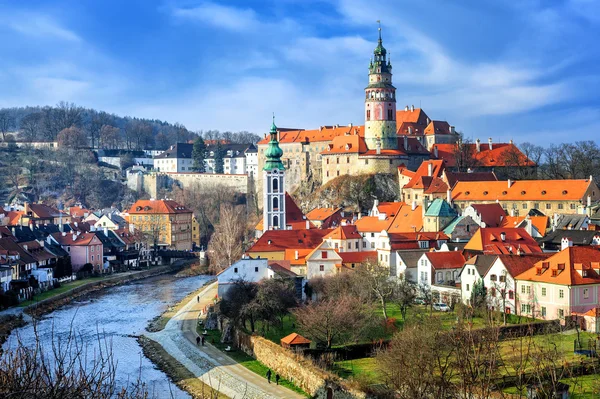
This UNESCO World Heritage Site in southern Bohemia offers one of Europe’s most affordable cost-of-living ratios without sacrificing beauty or culture. The dramatic castle overlooking the Vltava River creates a stunning backdrop for daily life, while the town’s growing expat community provides plenty of English-speaking connections. Your housing budget here will go about three times as far as it would in Prague or Vienna.
Freiburg, Germany
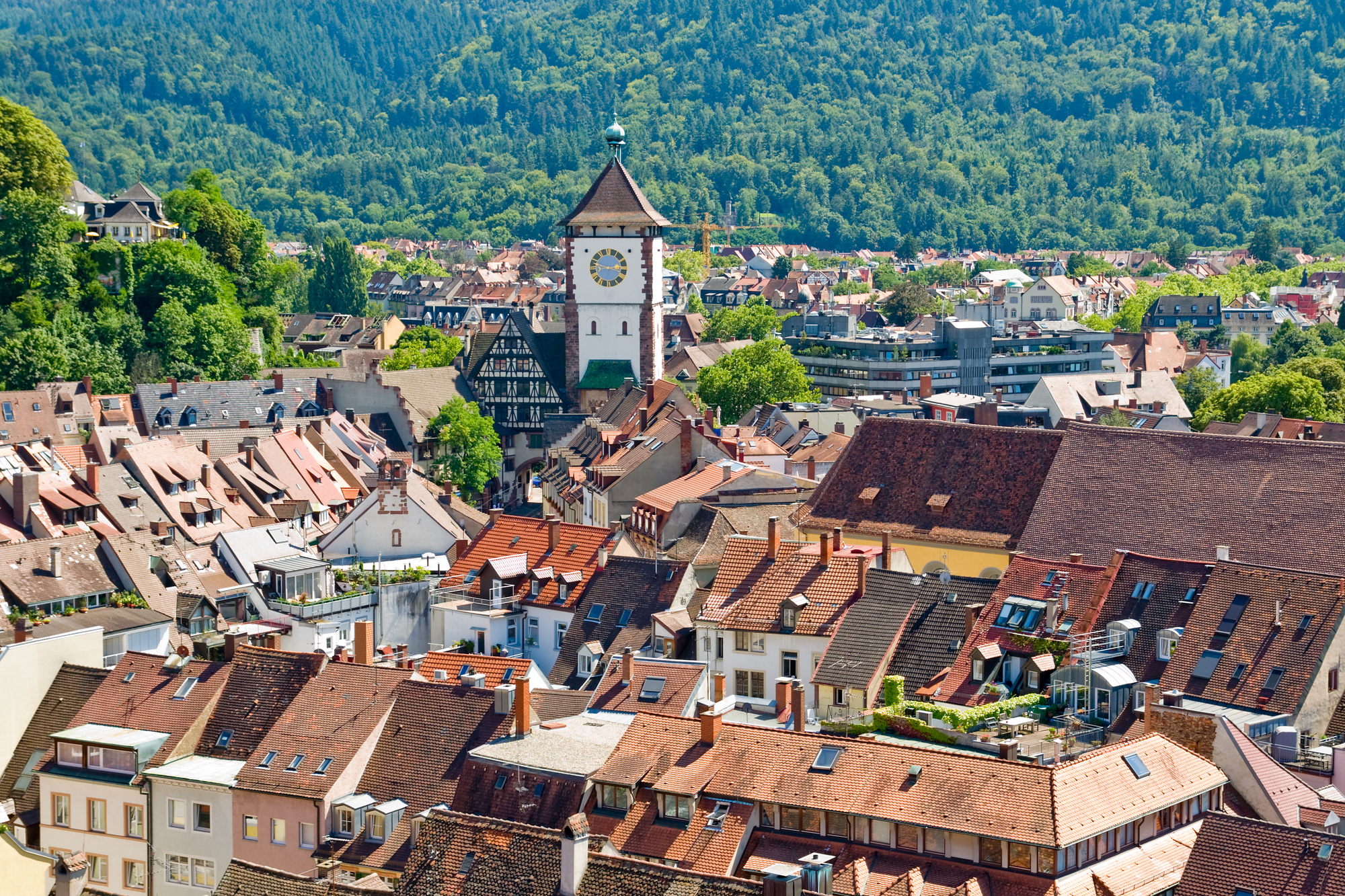
This Black Forest university town is the greenest place in Europe, with more bikes than automobiles on most streets. Freiburg’s dedication to environmental sustainability makes the city a particularly livable environment, with plenty of open spaces and fresh produce markets that spring up during the week. The proximity of French and Swiss borders adds cosmopolitan flair, while Germany’s solid economy ensures stability and top-notch public services.
Like Travel Pug’s content? Follow us on MSN.
Salzburg, Austria
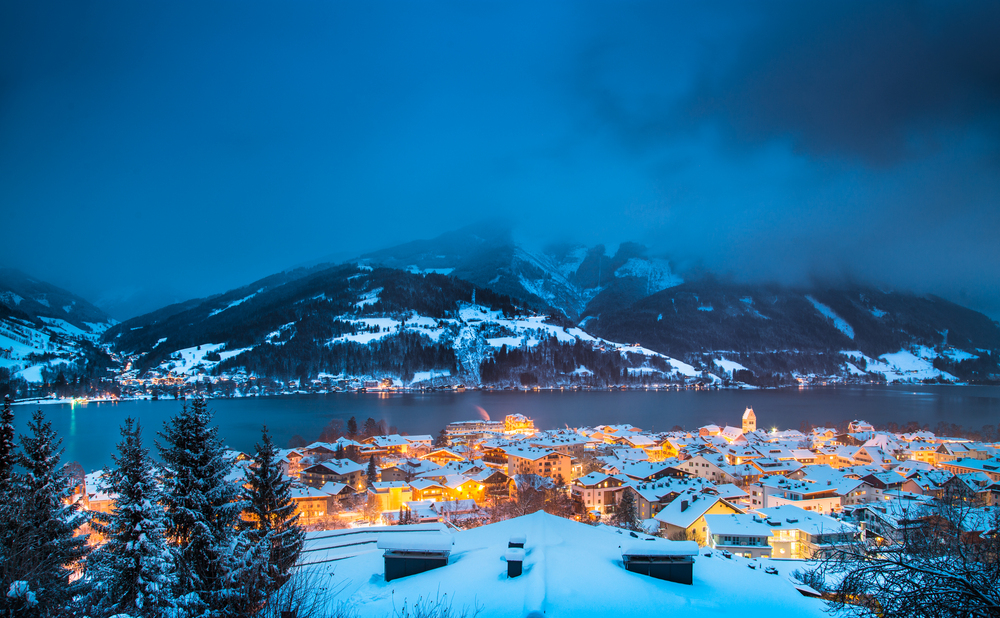
Mozart’s birthplace offers world-class culture in a compact setting where you can walk from baroque concert halls to Alpine hiking trails in under an hour. The town’s location near the German border provides access to larger job markets while maintaining Austria’s famously high quality of life. Salzburg’s efficient public transportation and bike-friendly infrastructure make car ownership optional rather than essential.
San Sebastián, Spain

This Basque coastal gem serves up some of Europe’s best cuisine alongside beautiful beaches that rival anything in the Mediterranean. The town’s unique culture blends Spanish warmth with Basque traditions, creating a distinct identity that locals proudly maintain. Spain’s affordable healthcare system and relaxed lifestyle make San Sebastián particularly appealing for retirees or remote workers seeking work-life balance.
Lucca, Italy
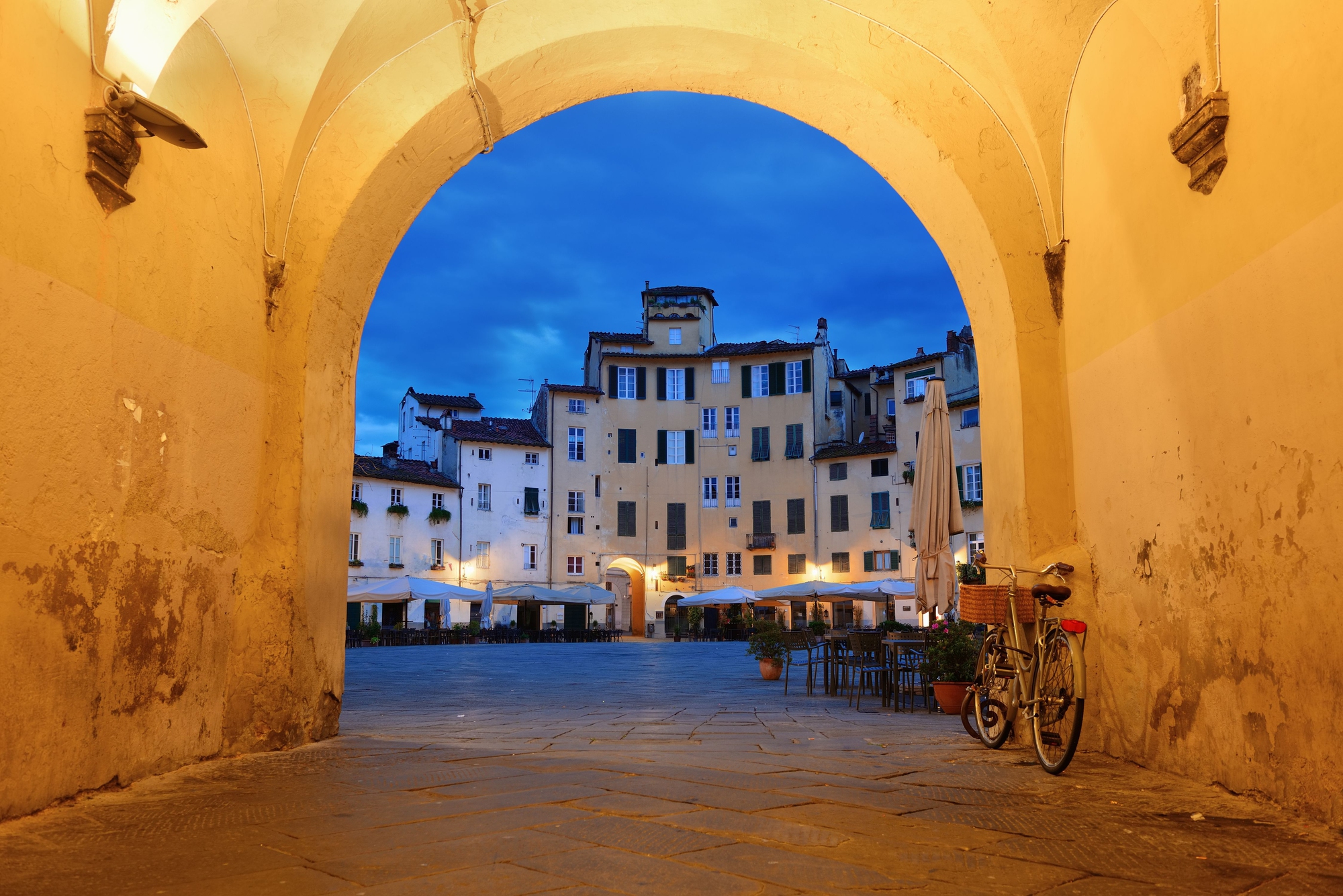
Tuscany’s best-kept secret sits behind perfectly preserved Renaissance walls that now serve as an elevated park circling the entire town center. Lucca offers authentic Italian living without the tourist crowds of Florence or Rome, plus housing costs that remain reasonable by Italian standards. The surrounding countryside produces world-renowned wines and olive oils, while the town itself maintains a thriving local economy beyond tourism.
Like Travel Pug’s content? Follow us on MSN.
Delft, Netherlands
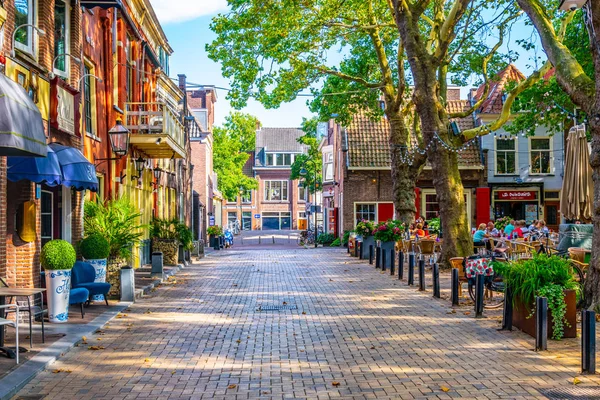
This historic university town between Amsterdam and The Hague combines Dutch charm with modern conveniences like high-speed internet and excellent public transportation connections. Delft’s compact size and flat terrain make cycling the preferred mode of transportation, contributing to both personal health and environmental sustainability. The town’s famous blue pottery tradition continues today alongside a growing tech sector that provides diverse employment opportunities.
Colmar, France
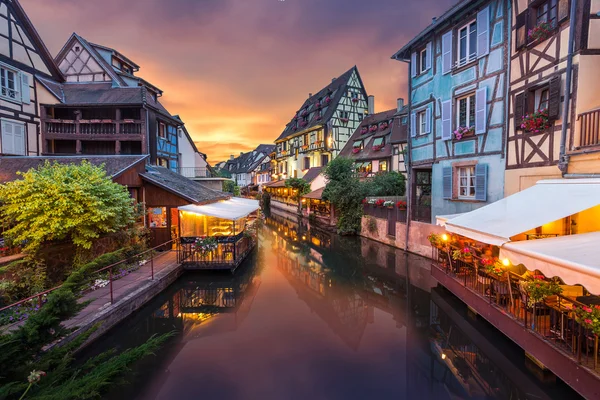
The inspiration for Disney’s Beauty and the Beast village, Colmar, showcases half-timbered houses and flower-lined canals that seem almost too picturesque to be real. Located in Alsace near the German border, the town benefits from influences of both cultures, including excellent wine-making traditions and hearty regional cuisine. France’s extensive rail network connects Colmar to major European cities while preserving its intimate small-town atmosphere.
Granada, Spain
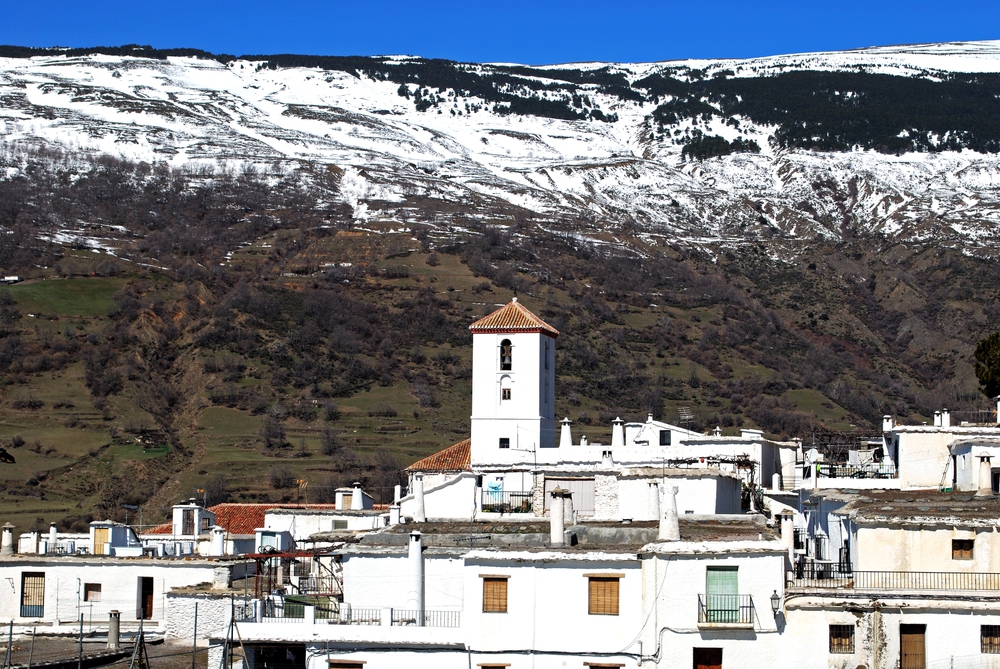
Tucked away at the base of the Sierra Nevada mountains in southern Spain, Granada is a treasure trove of Moorish architecture and outdoor adventures, all at prices that feel like a dream in today’s Europe. The iconic Alhambra palace complex sets a breathtaking scene for everyday life, while the lively university crowd keeps the cultural vibe fresh and budget-friendly. In Spain, the easygoing attitude towards work-life balance means that long lunch breaks and leisurely evening strolls are not just welcomed, but part of the norm.
Like Travel Pug’s content? Follow us on MSN.
Bern, Switzerland
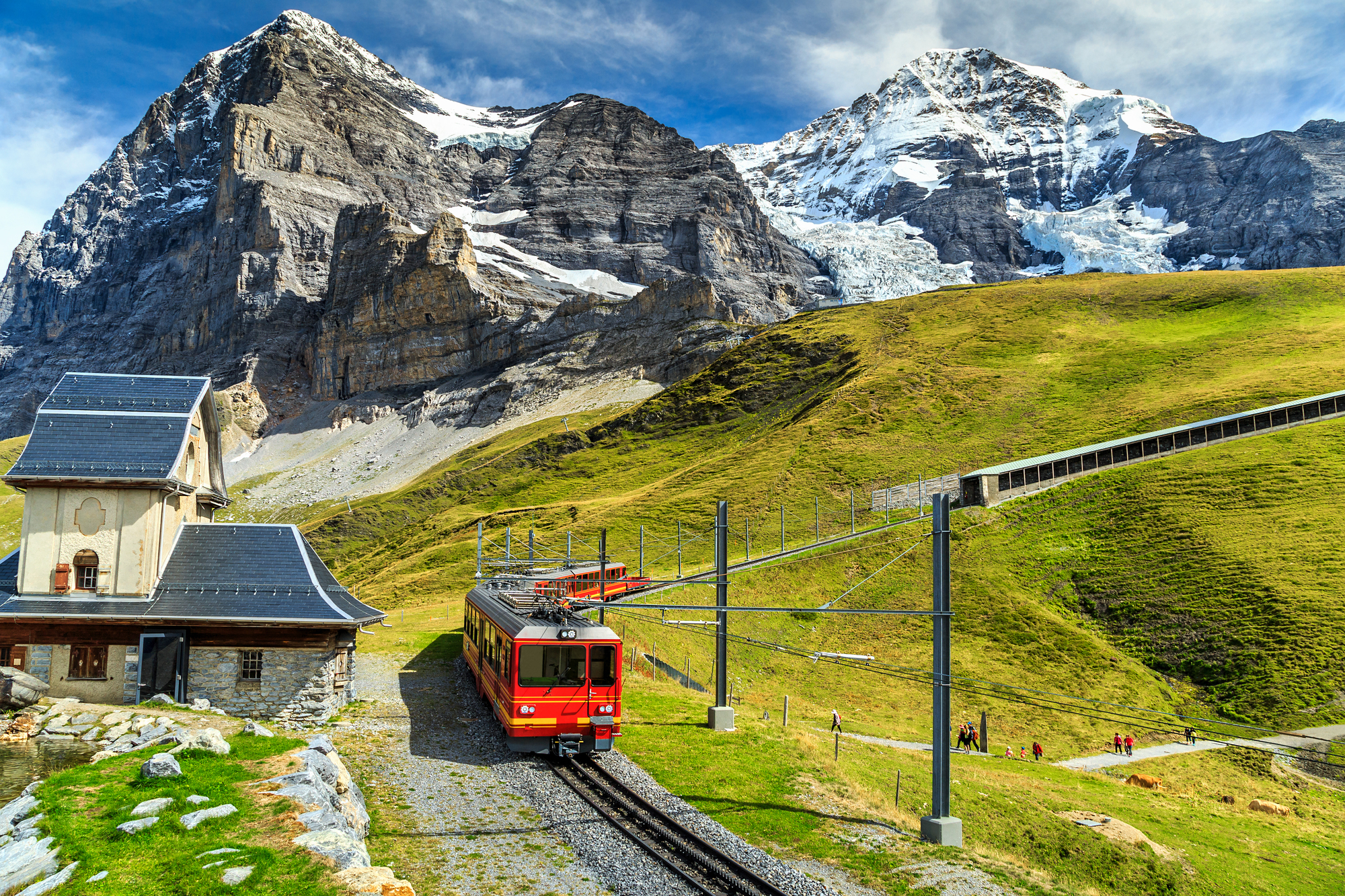
Switzerland’s capital city maintains a surprisingly intimate feel with its medieval old town and bear park along the Aare River. While Swiss living costs run higher than neighboring countries, the salaries and quality of life typically more than compensate for the expense. Bern’s central location provides easy access to ski resorts, lakes, and major European cities, while Swiss efficiency ensures everything from public transport to healthcare runs like clockwork.
Kotor, Montenegro
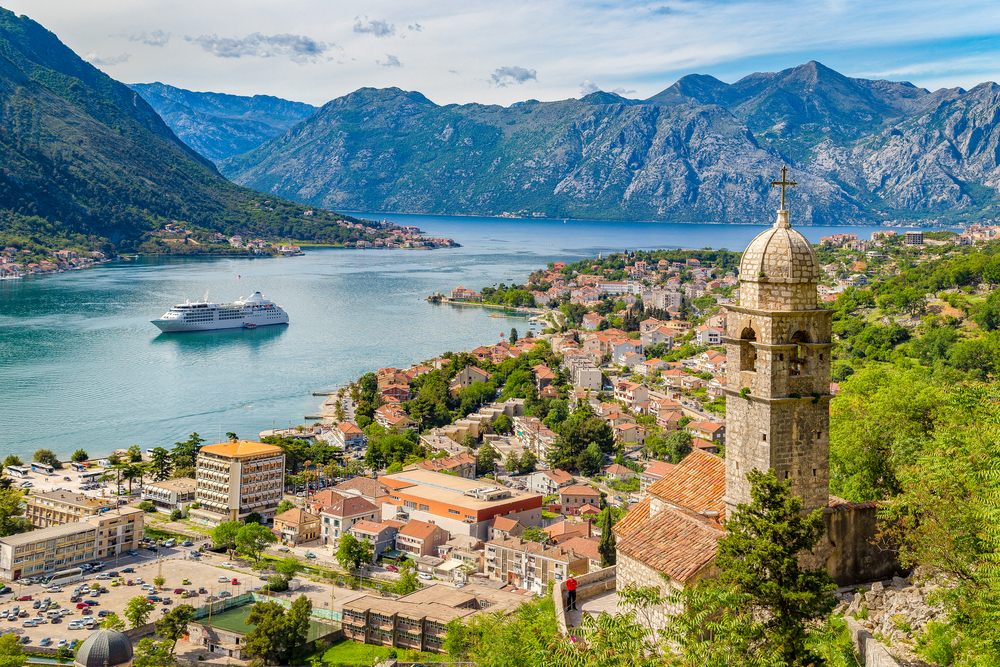
This Adriatic coastal town offers a Mediterranean climate and stunning bay views at a fraction of the cost you’d pay in Italy or Croatia. Montenegro’s growing expat community has created English-speaking services and international schools, while the country’s favorable tax policies attract entrepreneurs and retirees alike. The dramatic mountains rising directly from the sea create a unique landscape that changes dramatically with the seasons.
Ljubljana, Slovenia

Slovenia’s charming capital feels more like a large town than a major city, with a pedestrian-friendly center surrounded by green hills and castles. The country’s location between Italy, Austria, and Croatia puts you within driving distance of Alpine skiing, Mediterranean beaches, and historic cities like Venice or Vienna. Ljubljana’s growing reputation as a tech hub provides modern employment opportunities while maintaining reasonable living costs.
Like Travel Pug’s content? Follow us on MSN.
Braga, Portugal
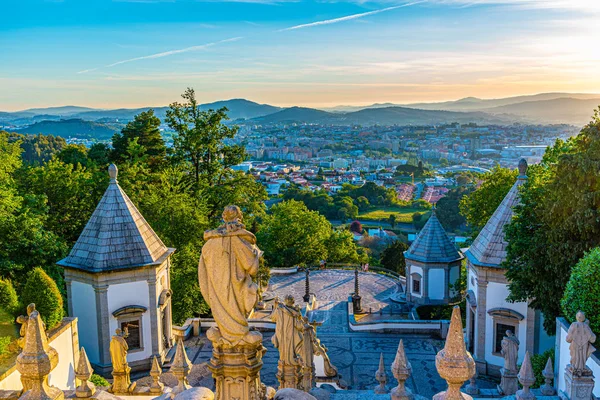
Portugal’s religious capital combines ancient Roman history with modern Portuguese charm, creating a unique atmosphere that’s both reverent and relaxed. The town’s location in northern Portugal provides cooler temperatures than Lisbon while maintaining the country’s excellent value proposition for foreign residents. Braga’s university population ensures a steady supply of cultural events and English-speaking connections for newcomers.
Heidelberg, Germany
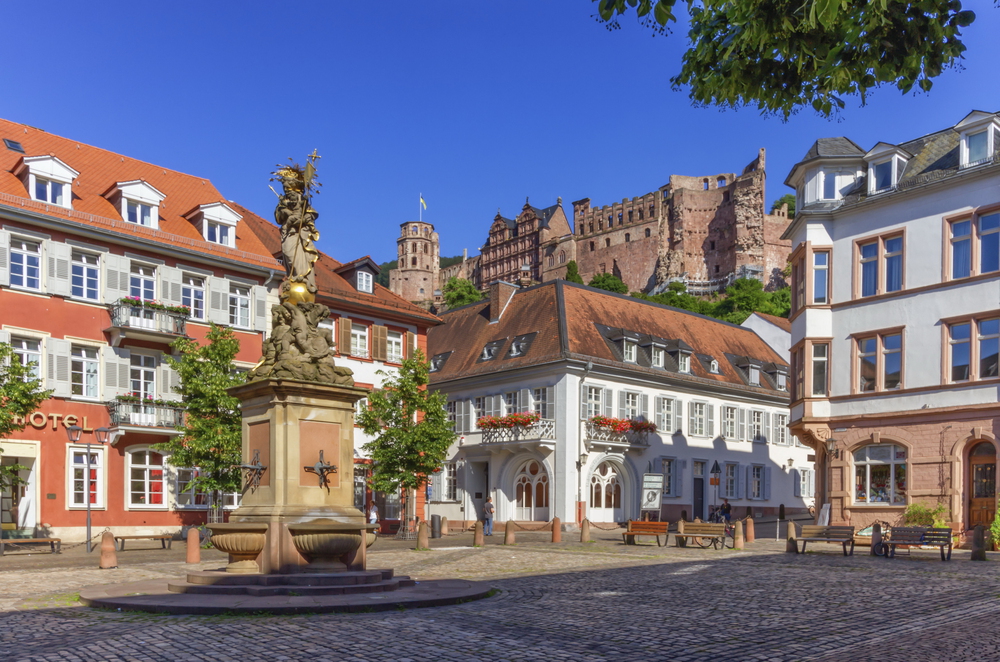
This university town along the Neckar River combines romantic castle ruins with cutting-edge research facilities, creating an atmosphere that’s both historic and forward-thinking. The large international student population means English is widely spoken, while Germany’s strong economy provides job security and excellent social services. Heidelberg’s location in southwestern Germany puts you within easy reach of France, Switzerland, and major German cities.
Brasov, Romania

This Transylvanian town offers Gothic architecture and mountain adventures at prices that allow for a comfortable lifestyle on modest budgets. Romania’s EU membership provides stability and growth potential, while the country’s growing tech sector creates opportunities for English-speaking professionals. The nearby Carpathian Mountains provide world-class hiking and skiing, while the town’s medieval center hosts festivals and markets throughout the year.
Like Travel Pug’s content? Follow us on MSN.
Bergen, Norway

Norway’s western coast gateway combines fjord access with cultural sophistication, though the climate requires an appreciation for rain and shorter winter days. The country’s oil wealth translates into excellent public services and infrastructure, while Bergen’s status as a UNESCO World Heritage Site ensures historic preservation alongside modern amenities. High salaries typically offset the elevated cost of living, particularly for those in technical or professional fields.
Where old stones meet new dreams
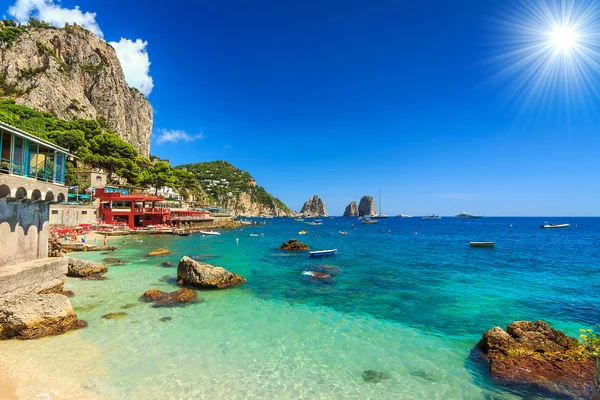
These European towns prove that the continent’s appeal extends far beyond its famous capitals and tourist hotspots. Each destination offers a unique blend of historical charm and modern convenience, often at costs that make comfortable living achievable rather than aspirational. The growing infrastructure for remote work and international residents means that choosing a smaller European town no longer requires sacrificing career opportunities or global connections.
Whether you’re drawn to Mediterranean warmth, Alpine adventures, or medieval atmosphere, these communities welcome newcomers while preserving the authentic character that makes them special in the first place.
More from Travel Pug

- 20 Best Beach Towns in the Carolinas
- 13 Destinations Where Tourists Regularly Regret Their Trip
- 20 Things You Actually Get in First Class
- 20 Small Airports With Aviation Museums
- 20 Places in the U.S. That Are Perfect for a Reset Trip
Like Travel Pug’s content? Follow us on MSN.
